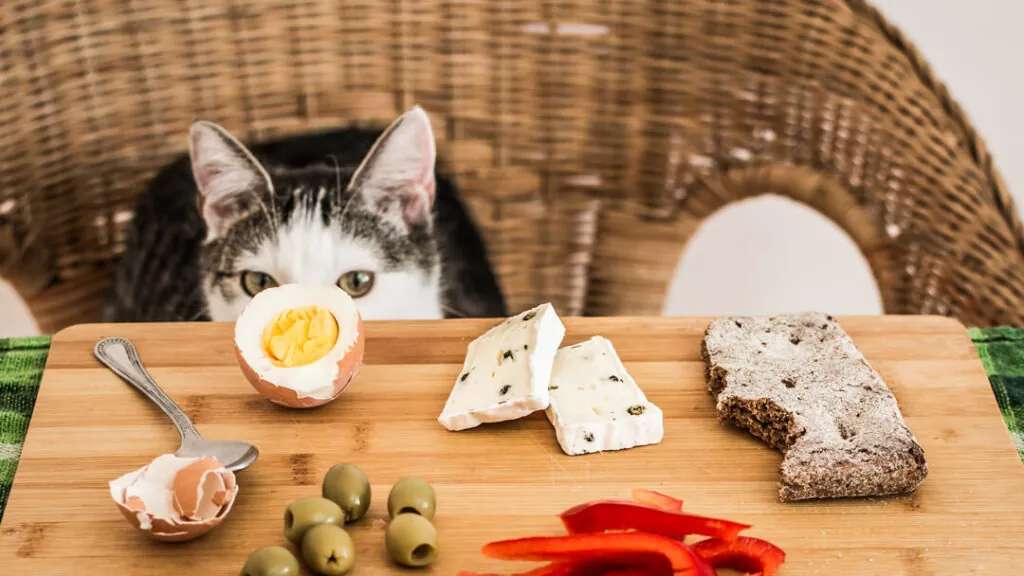No products in the cart.
Blog
Avoid These 5 Foods That Can Poison Your Cat
As a beloved member of the family, the health and well-being of your cat should be a top priority. To ensure their safety, it is crucial to avoid these 5 foods that can poison your cat. Many pet owners might not realize that certain common foods can be extremely toxic to felines. This article will delve into the specifics of these dangerous items, providing insights on how to keep your furry friend safe from harm.
>>>Buy now: Alley C.at – Funny Bowling Hoodie
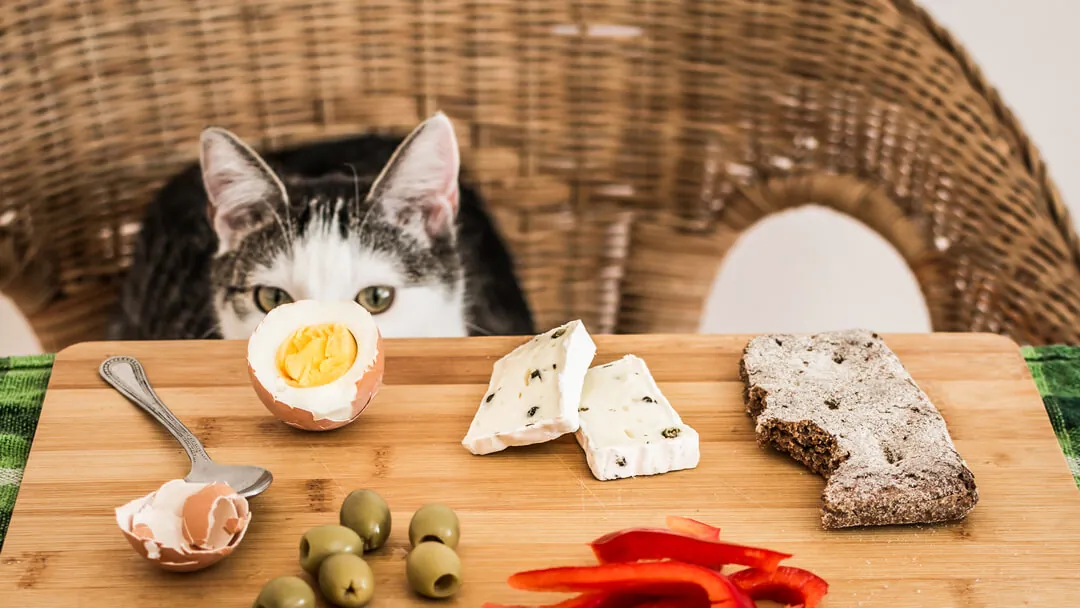
Understanding Feline Nutrition
Before we dive into the specific foods to avoid, it’s essential to understand feline nutrition. Cats are obligate carnivores, meaning they require a diet primarily made up of meat. Unlike dogs, who can thrive on a more varied diet, cats have unique nutritional needs that must be met to ensure a healthy life.
The Importance of Protein
Protein is the cornerstone of a cat’s diet. It provides the necessary amino acids for various bodily functions, including muscle development and immune support.
Moreover, protein from animal sources is more digestible for cats than plant-based proteins. Ensuring your cat receives adequate protein will help maintain their energy levels and overall health.
Essential Nutrients for Cats
In addition to protein, cats need specific nutrients that they cannot produce on their own. This includes taurine, arachidonic acid, and vitamins A and B. These nutrients play critical roles in vision, heart health, and reproductive functions.
Understanding these nutritional requirements underscores the importance of being cautious about what you feed your feline friend. This knowledge becomes especially vital when considering the next section regarding foods that can endanger their health.
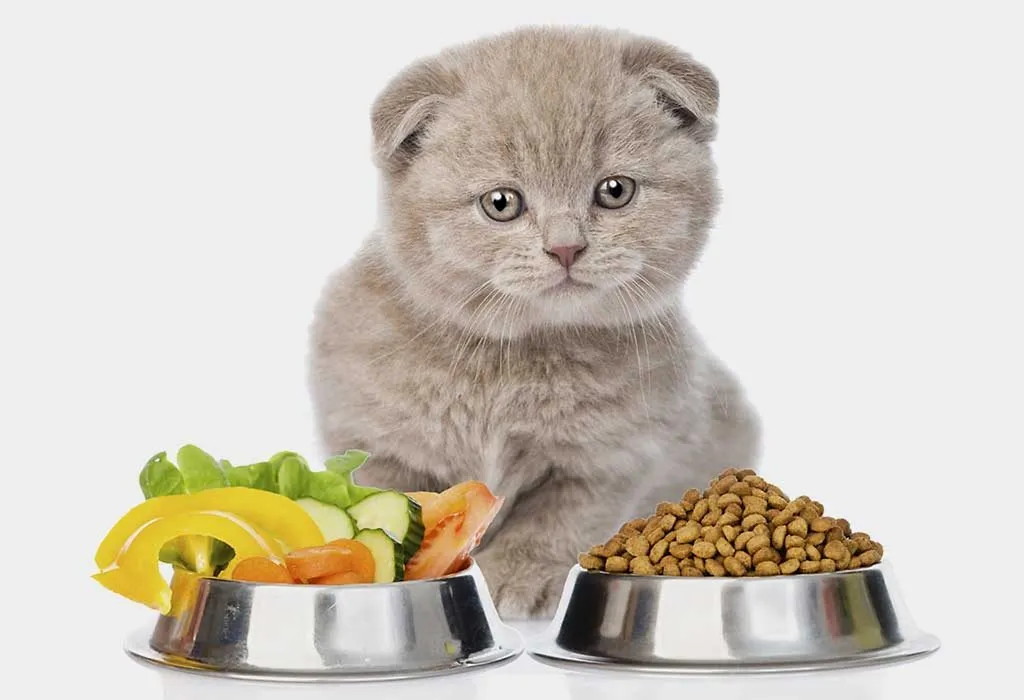
Foods You Must Steer Clear Of
There are several human foods that are toxic to cats. Being aware of these can help prevent accidental poisoning. Let’s explore five major food categories that can be harmful if ingested by your cat.
Chocolate
Chocolate is known to be toxic to many animals, and cats are no exception. It contains substances called theobromine and caffeine, both of which can lead to severe health issues in felines.
The severity of chocolate poisoning depends on the type of chocolate consumed; darker chocolates contain higher concentrations of theobromine. Symptoms of chocolate poisoning in cats may include:
- Vomiting
- Diarrhea
- Rapid breathing
- Increased heart rate
If you suspect your cat has ingested chocolate, contact your veterinarian immediately. Even a small quantity can pose a risk, so it’s best to avoid giving them any chocolate-containing treats altogether.
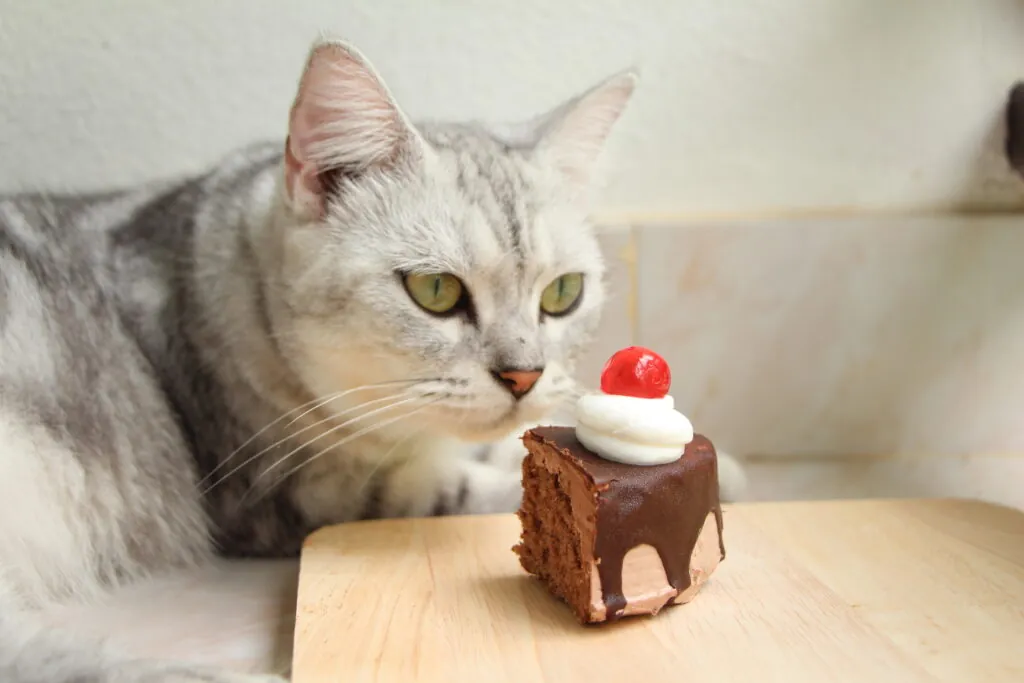
Onions and Garlic
Onions and garlic are common ingredients in many kitchens, but they pose a significant threat to cats. Both vegetables contain compounds known as thiosulfates, which can cause oxidative damage to red blood cells.
This condition is referred to as hemolytic anemia. Signs of onion or garlic toxicity can appear within a few days and may include:
- Weakness
- Lethargy
- Pale gums
It’s essential for cat owners to be diligent about not only avoiding these ingredients in homemade meals but also checking labels of processed foods that may inadvertently include them.
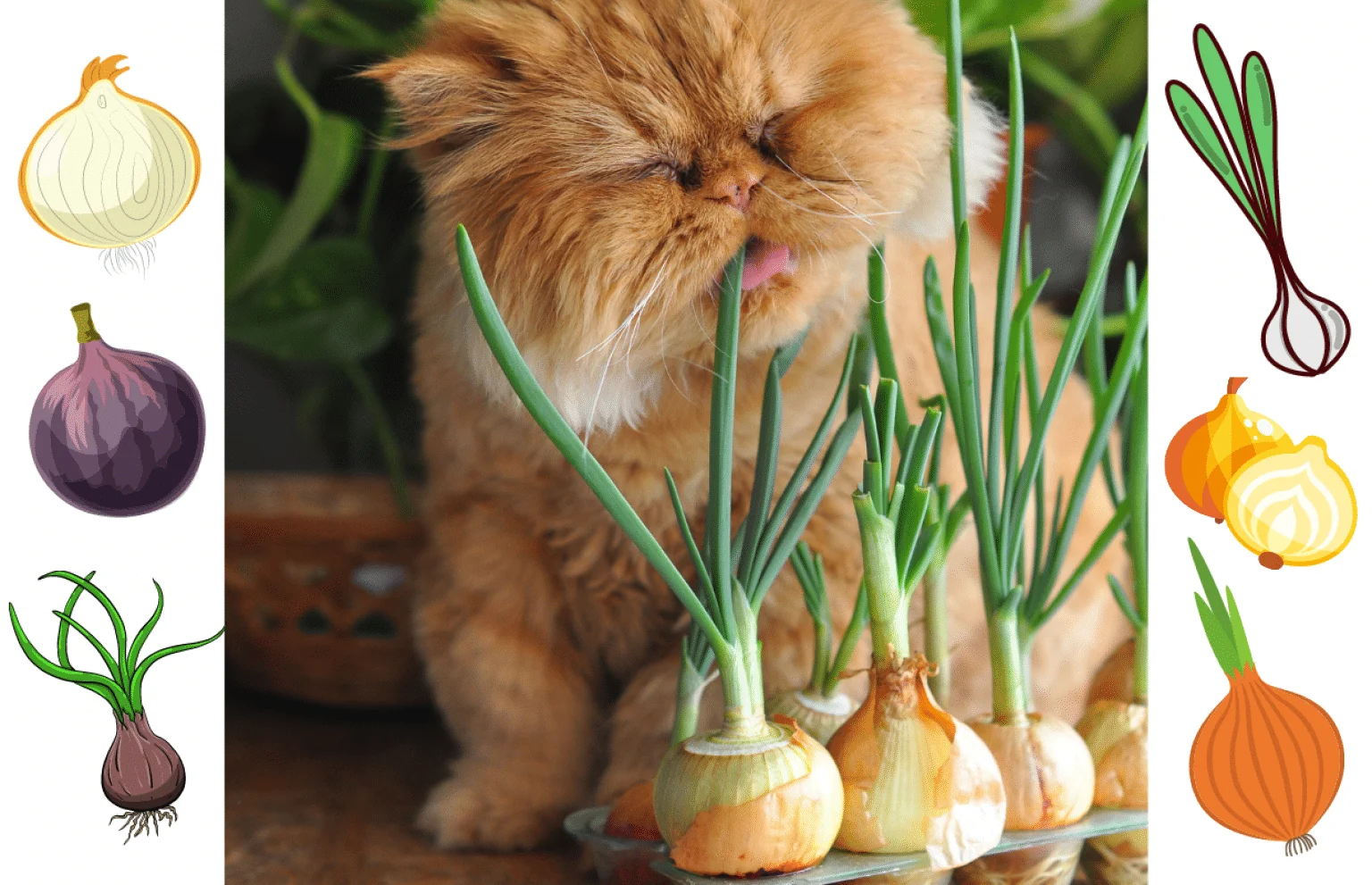
Grapes and Raisins
While grapes and raisins may seem like harmless snacks, they can lead to acute kidney failure in cats. The exact substance in these fruits that causes toxicity remains unidentified, making it even more concerning.
Symptoms of grape or raisin ingestion may vary but can include:
- Vomiting
- Diarrhea
- Lethargy
- Abdominal pain
Cats often don’t show signs until it’s too late, so prevention is key. Keep these fruits out of reach and educate others in your household about their dangers.
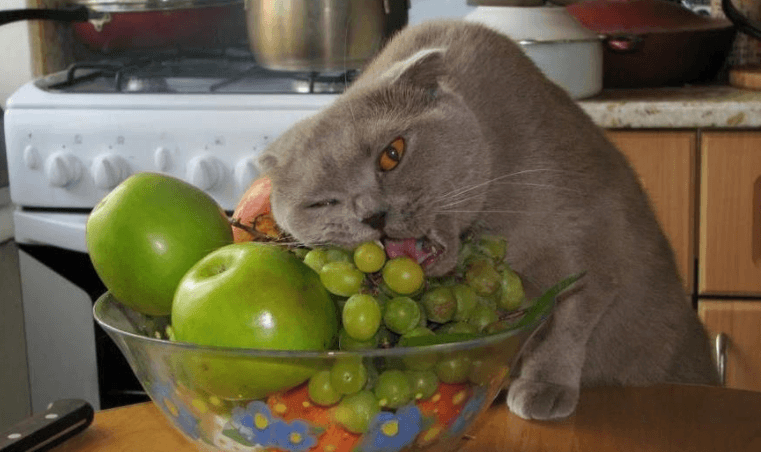
Alcohol
Alcohol is another substance that can prove deadly to cats. Many people may not realize that even small amounts of alcohol can affect a cat’s system dramatically. Ethanol, the active ingredient in alcoholic beverages, can impair a cat’s coordination and lead to respiratory distress.
Signs of alcohol toxicity include:
- Vomiting
- Disorientation
- Hypothermia
Given its widespread availability during social gatherings, it’s crucial to keep drinks out of reach and educate guests about the dangers of sharing their beverages with pets.
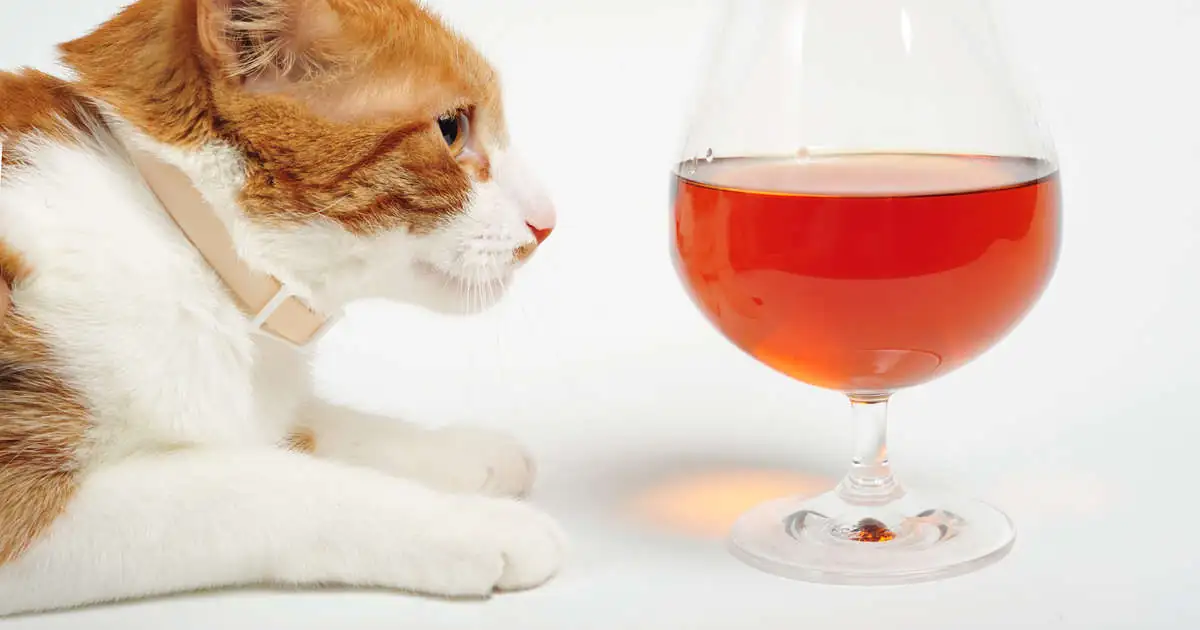
Caffeine
Similar to chocolate, caffeine poses hazards for cats. Found in coffee, tea, and some sodas, caffeine can result in a range of health issues, including restlessness, rapid heart rate, and muscle tremors.
Cats may be more sensitive to caffeine than humans, which means even a small amount could lead to serious complications. If you suspect your cat has ingested caffeine, seek veterinary care immediately, as swift intervention can make a world of difference.
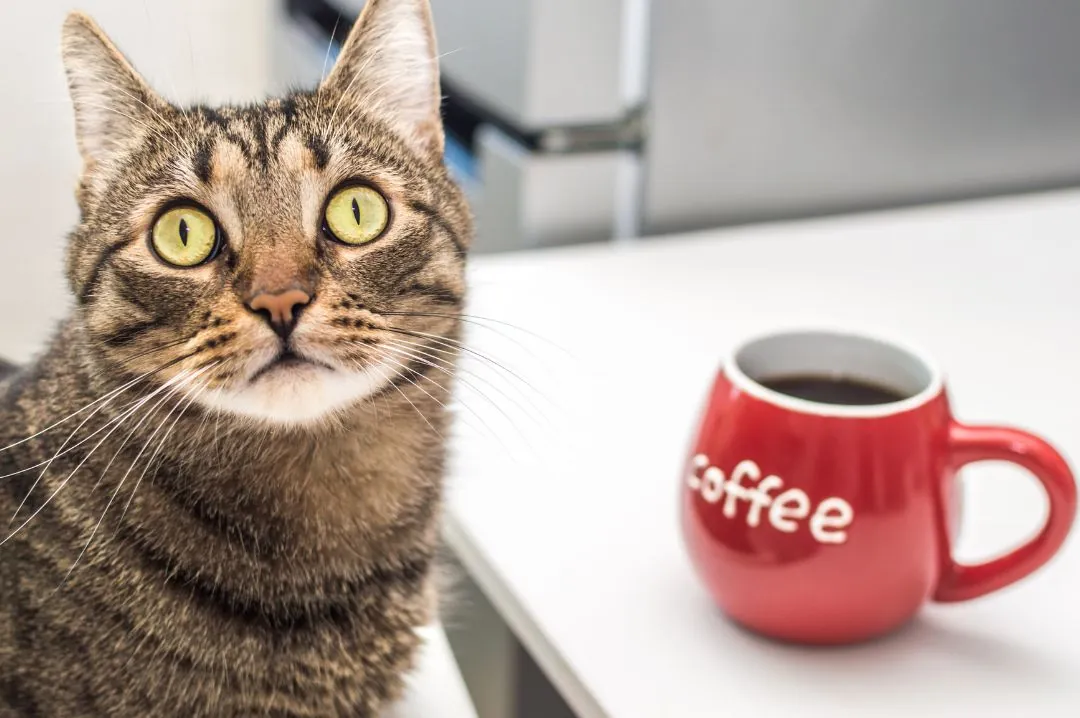
Keeping Your Cat Safe
Now that we’ve established which foods to avoid, let’s discuss preventive measures to keep your cat safe from these potential threats.
Educating Yourself and Others
One of the most effective ways to protect your cat is through education. Familiarize yourself with the foods that can poison your feline friend, and share this information with anyone who interacts with your pet.
Creating a list of dangerous foods and placing it in your kitchen can be a helpful reminder for anyone preparing meals or snacks around your cat.
Creating a Safe Environment
Another important step is to create a safe environment for your cat. Ensure that all potentially harmful foods are stored securely up high, far from your curious companion’s reach.
Additionally, consider using child-proof locks on cabinets where food is stored. This precaution can help minimize the risk of accidental ingestion.
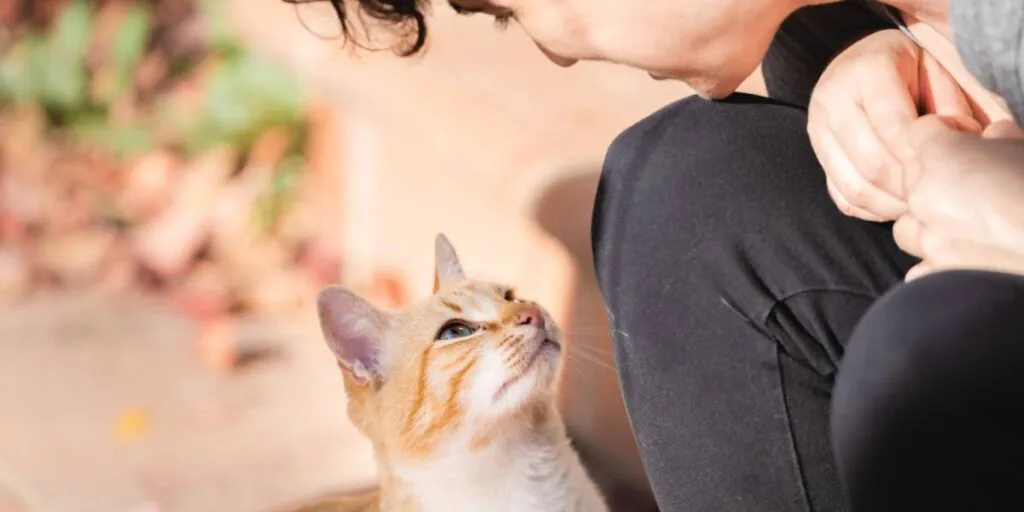
Regular Veterinary Check-Ups
Routine veterinary visits are essential for monitoring your cat’s health. An annual check-up can help catch any underlying conditions related to dietary issues before they escalate.
During these appointments, don’t hesitate to ask your veterinarian for advice on nutrition and any specific concerns you may have regarding your cat’s diet. They can provide tailored guidance suited to your pet’s individual needs.
>>>Read more: How to Clean Cat’s Ears Safely?
FAQs
How can I tell if my cat has ingested something toxic?
If you suspect your cat has ingested a toxic food, look for symptoms such as vomiting, diarrhea, lethargy, or unusual behavior. Contact your veterinarian immediately for guidance.
What should I do if my cat eats something poisonous?
If your cat consumes something potentially poisonous, do not wait for symptoms to appear. Call your veterinarian or an emergency animal clinic right away for advice on how to proceed.
Are there any safe human foods for cats?
Yes, some human foods can be safe for cats, such as plain, cooked chicken or turkey, pumpkin, and certain fish (in moderation). Always consult your vet before introducing new foods.
Can I train my cat to avoid eating harmful foods?
You can train your cat by consistently redirecting them away from areas where food is kept and reinforcing positive behaviors. However, always supervise them to prevent accidental ingestion.
Is it safe to give my cat commercial pet treats?
Choosing high-quality commercial pet treats specifically designed for cats can be safe. Be sure to read labels carefully and opt for treats without harmful ingredients.
Conclusion
As a responsible cat owner, understanding the dietary hazards your feline friend faces is crucial for their long-term health and happiness. By taking steps to avoid these 5 foods that can poison your cat, you can significantly reduce the risk of accidents and ensure a safe living environment for your pet.
Remember, knowledge is power. Educate yourself, keep your home secure, and schedule regular check-ups with your veterinarian to ensure your cat lives a happy, healthy life.


